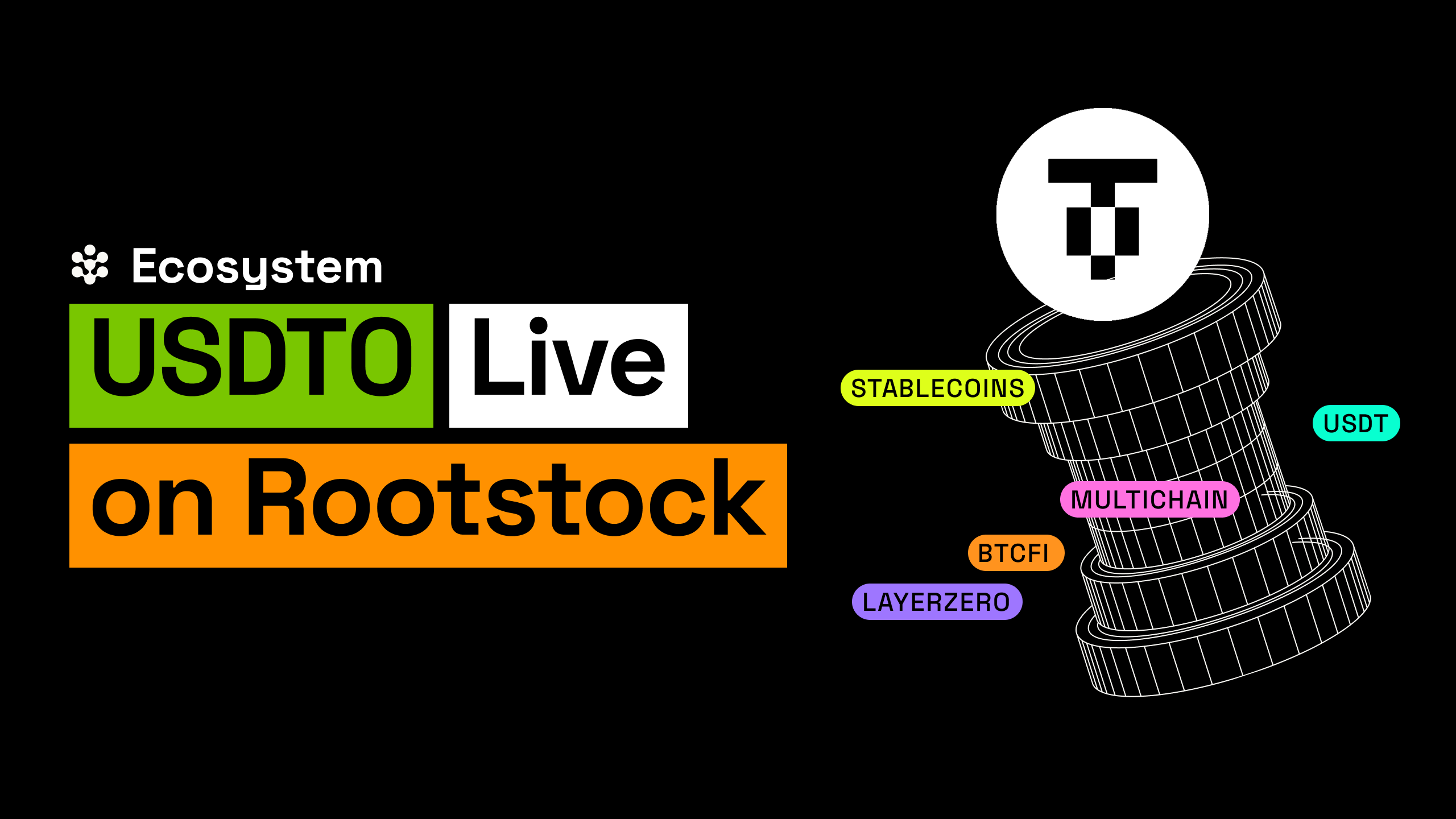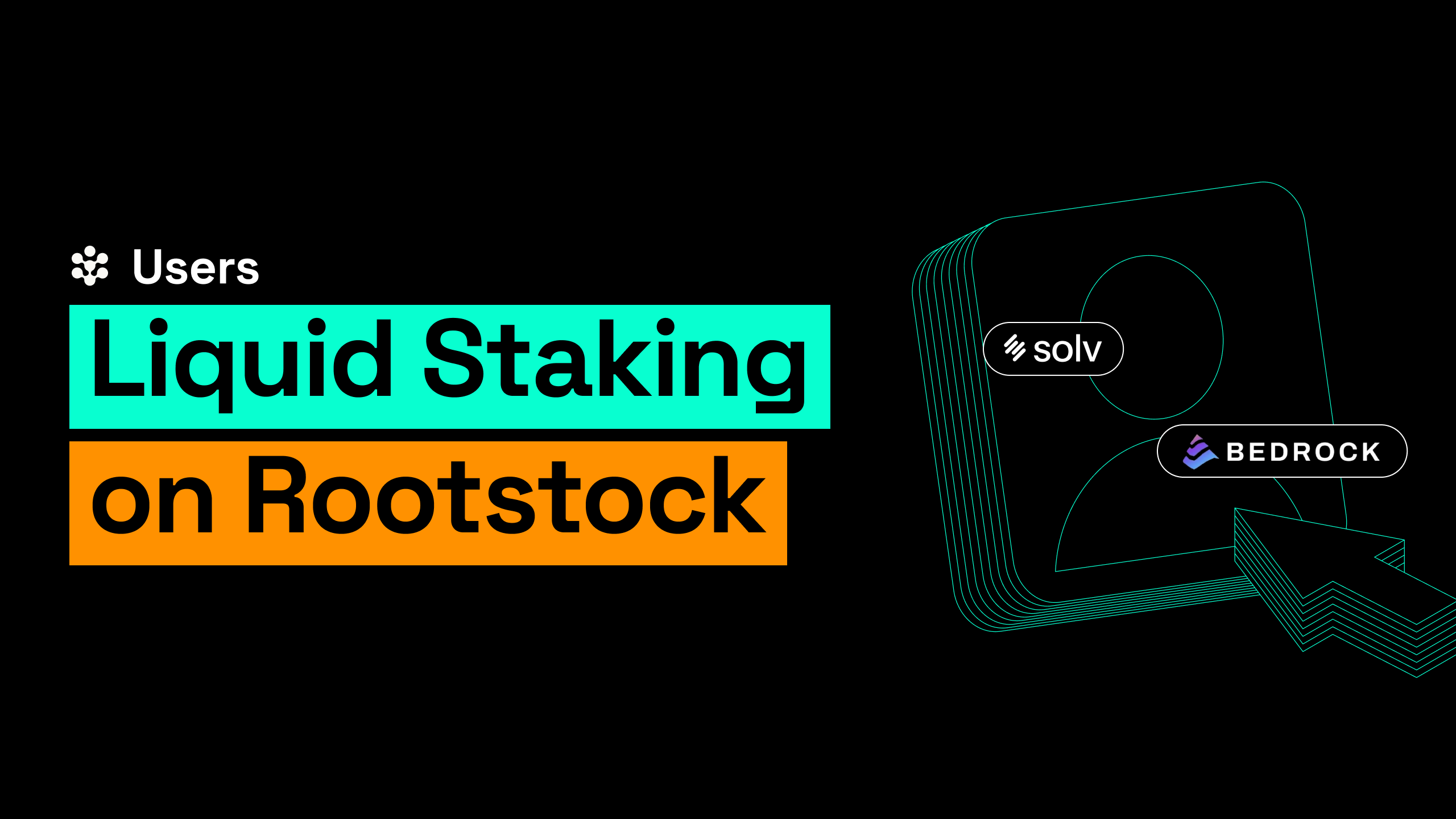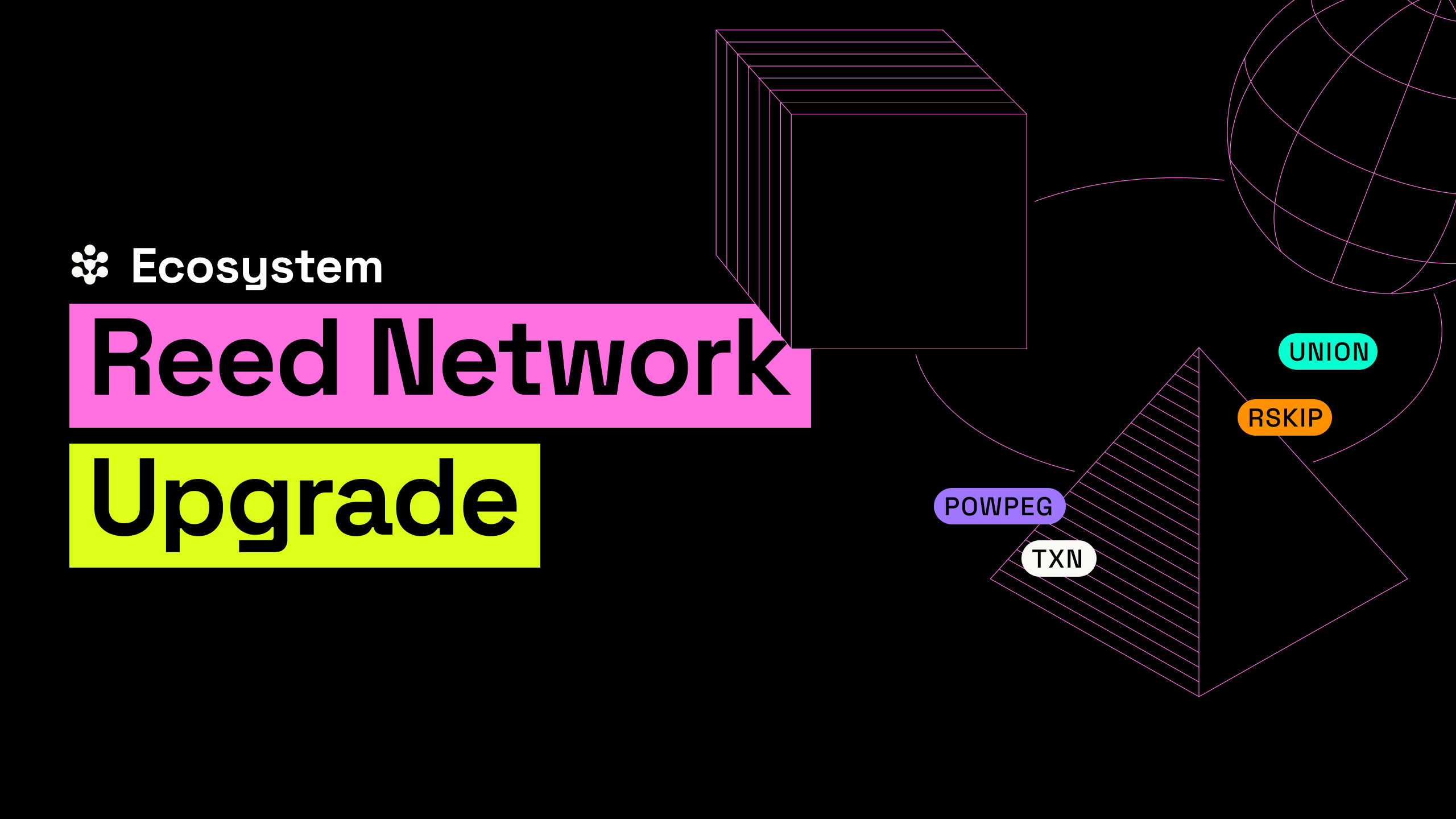Smart contracts have exponentially expanded the functionalities of blockchain technology. Even though a big portion of the smart contract community has revolved for a long time around Ethereum, RSK has provided smart contract developers with the option to easily create, import and deploy smart contract solutions on top of Bitcoin. Without the hassle of dealing with complicated new programming languages, RSK has made it possible to code with Solidity and generate all type of smart contracts.
RSK is the smart contract platform on top of Bitcoin. Its engine is a forked version of the EVM (Ethereum Virtual Machine). The RVM (RSK Virtual Machine) is compatible with Ethereum smart contracts and the tools used to deploy and interact with them.
The Smart Bitcoin (R-BTC) is the native token in RSK and it is used to pay for the gas required for the execution of transactions. It is pegged 1:1 with Bitcoin, which means in RSK there are exactly 21M R-BTC. A 2-way peg (2WP) allows the transfer of bitcoins from the Bitcoin blockchain to the RSK blockchain and vice-versa.
We´ve recently announced the release of the RSK3 Libraries and the RWallet, which provide a new range of possibilities for developers.
The main focus areas of these rsk3 libraries are:
- Security
- Straight-forward compatibility with the RSK blockchain
- Reduced verbosity vs web3 (shorter function calls)
- Lightweight codebase that remains powerful.
The libraries enable interacting with RSK network accounts, contracts, network properties, DApps, as well various utility functions. Major uses include account creation, account management, token issuance (e.g. ERC-20), and transaction formation plus signing.
In order to get started coding for RSK, you need to install an RSK local node, install Truffle & Ganache, edit the smart contract and compile and deploy to finally run it.
Our tutorials include a wide range of explanations for developers including frontends, tokens and truffle boxes among many others.
Here are some great webinars we invite you to check out:
Learn to Make Smart Contracts in Solidity: Create your first dApp in RSK
Create your First Frontend for Smart Contracts
How to Create Your Own Collectable Token on The RSK Network
How to Create Your First Smart Contract Using Remix and Metamask on RSK
Last but not least, you can always check the status of the network through the explorer and the costs of using the network (compared to Ethereum) in our gas station. As we expand our use cases, functionalities and contribute to the DeFi ecosystem, RSK has all the key ingredients to become the most important smart contract platform. Stay tuned!


